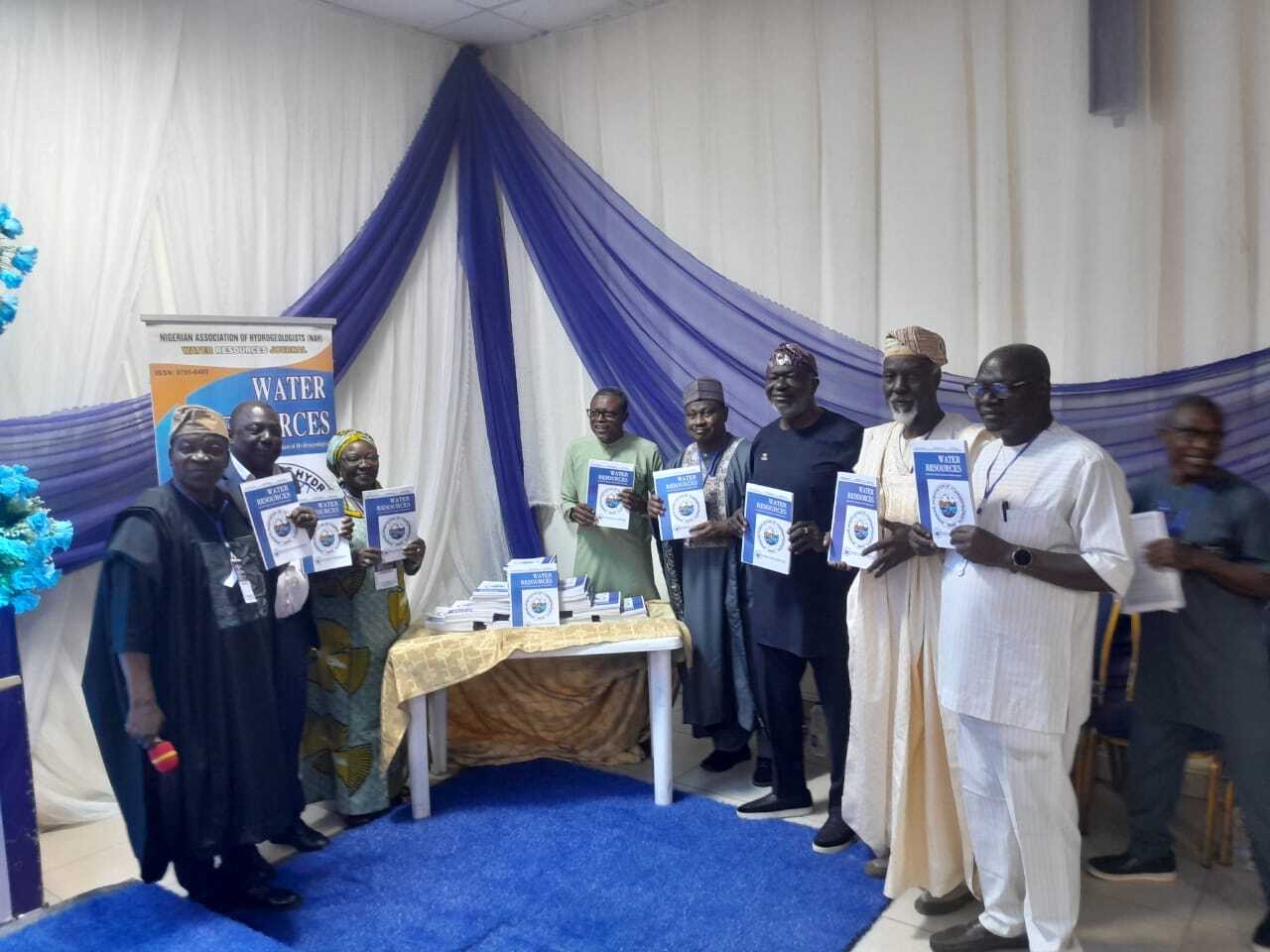 As Nigeria continues its search for innovative solutions to improve its road infrastructure, Olukanni Ebenezer, a civil engineering expert, is making significant contributions to the advancement of road construction technology.
As Nigeria continues its search for innovative solutions to improve its road infrastructure, Olukanni Ebenezer, a civil engineering expert, is making significant contributions to the advancement of road construction technology.
Ebenezer, currently working as a lead Researcher and Technologist at the Transportation and Material Testing Laboratory in the Department of Civil and Environmental Engineering, Federal University of Technology, Akure, specializes in pavement material characterization, sustainable pavement materials and resilient infrastructure. His ongoing research aims to provide new methods for enhancing the durability and sustainability of Nigeria’s road networks, addressing the pressing challenges of climate change, urbanization, and wear-and-tear in road construction.
Ebenezer’s interest in sustainable materials for road infrastructure is informed by years of academic and professional training. Holding a Master of Engineering (M.Eng.) degree in Civil Engineering from the Federal University of Technology, Akure (FUTA), where he graduated with a stellar 4.65/5.0 GPA, he has spent more than 15 years in civil engineering, honing his expertise in road design, construction management, and the development and characterization of innovative and resilient materials.
His early education at Osun State Polytechnic, Iree, where he earned a National Diploma in Civil Engineering and top the class as the best gradating student, followed by a Higher National Diploma (HND) from Federal Polytechnic Offa with a Distinction grade laid the foundation for his technical and managerial skills in the construction field.
In his most recent research, which was obtained by this news platform, Ebenezer developed an innovative and resilient graphite-modified bitumen for asphalt mixtures, a crucial development in the field of road construction. This discovery and research output has been applauded by engineers and professionals as a panacea to the problem of road failure in Nigeria.
He noted that by incorporating graphite into bitumen to produce asphalt, he aims to improve the performance of road surfaces, particularly in terms of resistance to cracking and other distresses causing road failure. He pointed out that Nigeria needs to make use of its massive graphite deposits in several regions, including Kaduna, Bauchi, Gombe, and Adamawa. He specifically stated that Kagara deposit alone exists within 0.7 – 12 m depth interval, and has an average thickness of about 10.0 m, occupying a spatial extent of about 1470509.0 m2 and constitutes a conservative gross volume of about 14705090.0 m3.
The graphite modified bitumen, according to Ebenezer could be used in production of bitumen in varying proportions ranging from 0% to 8%, he however recommends that 6% graphite provides optimal results. “Graphite enhances the mechanical properties of bitumen significantly,” Ebenezer explained. “It improves flexibility, reduces cracking, and increases the overall lifespan of road surfaces.”
According to Ebenezer, “Our findings show that the addition of graphite increases the softening point and improves both the flash and fire points of the bitumen, making it more heat-resistant and durable.” This means roads constructed with graphite-modified bitumen can withstand extreme temperatures, reducing the likelihood of cracks and potholes, which are common issues in Nigeria’s hot and humid climate. “The addition of graphite improves the structural integrity of the asphalt, making it more resistant to traffic loads and less prone to deformation,” he said, emphasizing the practical benefits for Nigeria’s busy highways.
The evaluation of indirect tensile strength (ITS), another key parameter for assessing road material performance, revealed that graphite-modified asphalt exhibited superior strength, with optimum ITS values achieved at 6% graphite content. “This indicates that roads made with this material would be better able to resist cracking under heavy traffic pressure, especially in urban areas where road surfaces are subjected to constant stress,” he added, underscoring the transformative potential of his findings.
Beyond his material innovations, Ebenezer has also demonstrated a strong understanding of urban transportation systems. In a separate project, he conducted an assessment of tricycles as a public transportation mode in Ibadan, Nigeria. His research, which examined the socio-economic characteristics of tricycle operators and the traffic volume on key road corridors, found that tricycles accounted for 9.54% to 20.08% of traffic volume in some areas. “Tricycles are a vital part of urban mobility in Nigeria, particularly in cities like Ibadan where traffic congestion is a major challenge,” Ebenezer noted.
This study highlights Ebenezer’s commitment to addressing real-world transportation issues in Nigeria, beyond just material improvements. His work with tricycle operators revealed important socio-economic insights, showing that 98.5% of the operators were male, with many of them relying on tricycles as their primary source of income. “Transportation plays a critical role in the survival of urban communities, and understanding the dynamics of public transport is essential for designing resilient road networks,” Ebenezer emphasized, linking transportation planning with infrastructure development.
In addition to his research, Ebenezer has a proven track record of engineering project supervision and management. One of his notable projects involved the remodeling and construction supervision of the Akure International Business School Building and Road Networks at Adekunle Ajasin University. His expertise in road construction and project oversight has been crucial in delivering quality infrastructure projects that meet the specific needs of urban centers like Akure.
Ebenezer’s professional development extends beyond academia. He has completed a range of certifications and workshops, including a Control of Substances Hazardous to Health (COSHH) Manager Certification and advanced training in statistical analysis. His commitment to continuous learning and staying abreast of the latest developments in construction technology ensures that his methods are both innovative and scientifically sound.
“The future of road construction in Nigeria depends on our ability to innovate and adopt new technologies that not only improve road quality but also make our infrastructure more resilient to climate and environmental stressors,” he said, advocating for more widespread adoption of his research findings.






